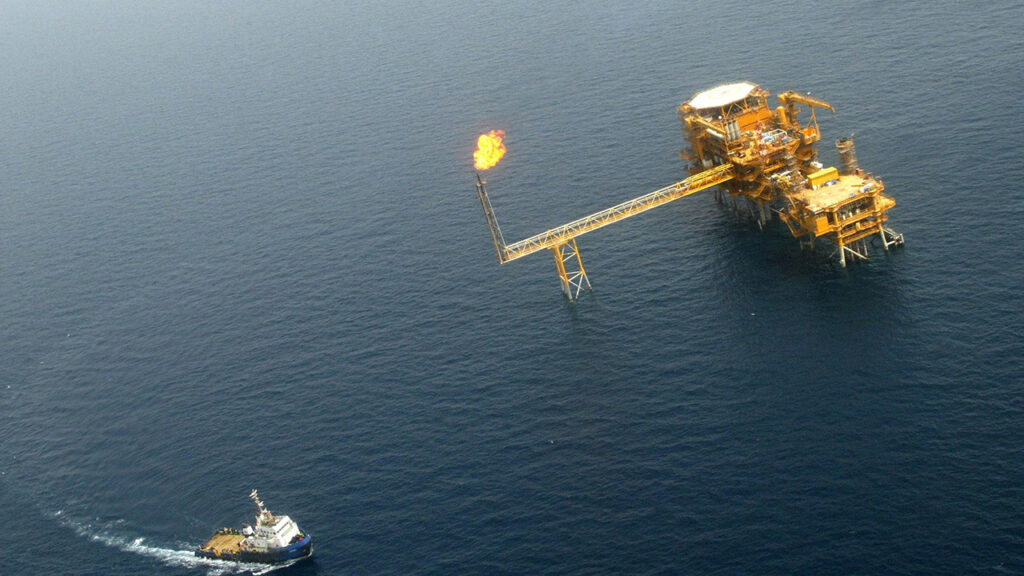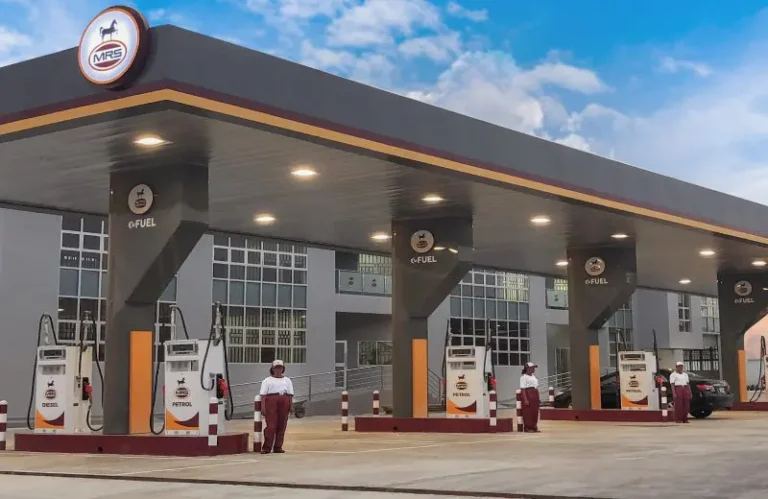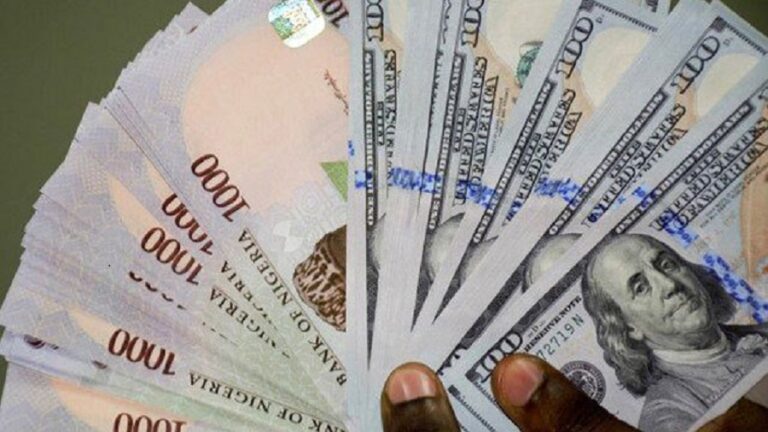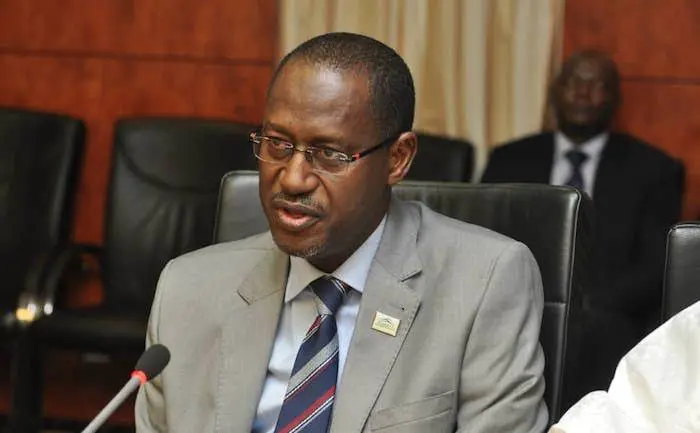
Global energy research body, Wood Mackenzie, has said Brent crude oil prices will average $73 per barrel this year, about $2 below Nigeria’s ambitious $75 per barrel projection in the 2025 budget which faces serious revenue crisis.
Considering various geopolitical and economic factors, including potential peace talks between Russia and the United States regarding the Russio-Ukraine conflict, ongoing tariffs and sanctions against Iran, the market outlook anticipates global oil demand to increase by 1.2 million barrels per day (mbpd) in 2025.
Nigeria targets to increase oil production to 20.06mbpd in 2025 as the country banks on oil and gas to finance its N54.9 trillion budget.
To meet oil revenue targets and improve excess crude account, the actual oil price must be slightly higher than the benchmark in the budget.
Wood Mackenzie said the 1.2 million demand increase from Organisation of Petroleum Exporting Countries (OPEC) would be completed by a growth of 1.5mbpd from non-OPEC members.
Vice President of Oils Research at Wood Mackenzie, Ann-Louise Hittle, noted that the 2025 outlook reflected a complex interplay of factors affecting the oil market.
“The robust growth in non-OPEC production means OPEC+ faces the challenge of carefully managing supply to maintain market stability.
“The projected price trajectory, declining from quarterly averages of $77.00/bbl in the first quarter to $70.00/bbl in Q4 2025 underscores the delicate balance between supply and demand dynamics,” Hittle said.
WoodMac assumes that OPEC+ would follow its plan to ease 2.2mbpd of production restraint between April 2025 and September 2026, depending on market conditions.
It added that regional demand growth was expected to be led by Asia Pacific, with China and India as key drivers.
WoodMac’s forecast considers various uncertainties, including the potential lifting of US sanctions against Russia, the impact of existing tariffs on global Gross Domestic Product (GDP) growth, and the effect of sanctions on Iran’s oil production.
For demand, an anticipated soft recovery in global industrial production helps support the projected gains this year.
It added that on a regional basis, Asia Pacific demand grows by 0.6mbpd in 2025. China and India combined drive 0.4mbpd of that growth. Non-OECD demand is expected to rise to 1.2mbpd, compared to a contraction of just over 80,000bpd in OECD countries.
Meanwhile, Minister of State for Petroleum Resources (Gas), Ekperikpe Ekpo, yesterday, in Abuja said natural gas was poised to play a crucial role in Africa’s energy landscape, offering a viable solution to the continent’s pressing energy challenges.
Speaking at the Nigerian International Energy Summit, Ekpo said energy remains essential for industrialisation, economic growth and human development.
With Africa’s abundant gas reserves, Ekpo said it was imperative to maximise the resource to power industries, electrify communities and drive socio-economic development.
He advocated strategic policies and regulatory frameworks to drive investments and accelerate the deployment of clean energy solutions.
The minister also suggested prioritising robust policy and regulatory frameworks, including regional collaboration, gas monetisation and Public-Private Partnerships (PPPs).
“Governments, investors and development partners must work together to remove bottlenecks and accelerate energy access through innovation, technology and strategic investments,” he said.
(The Guardian)


